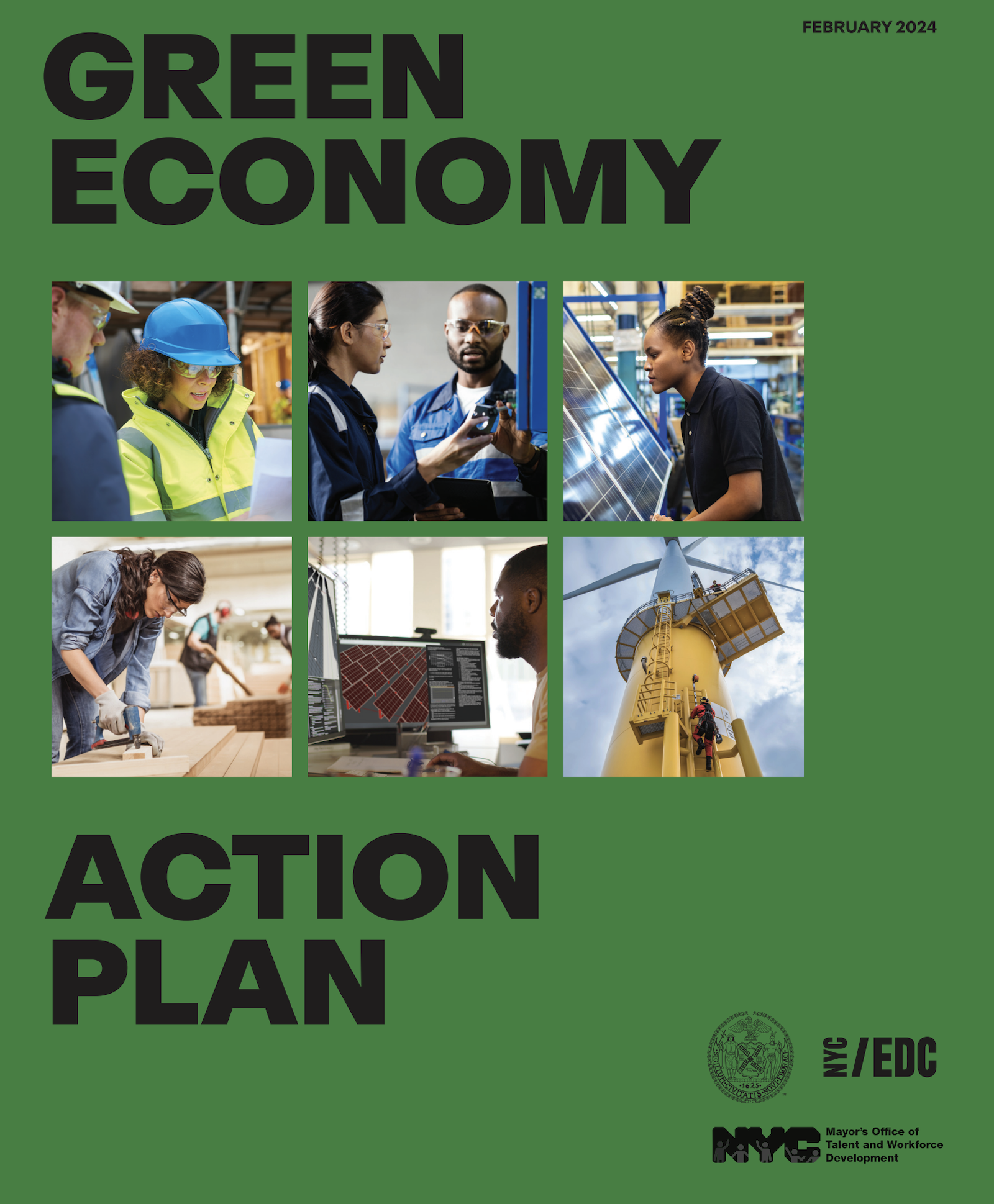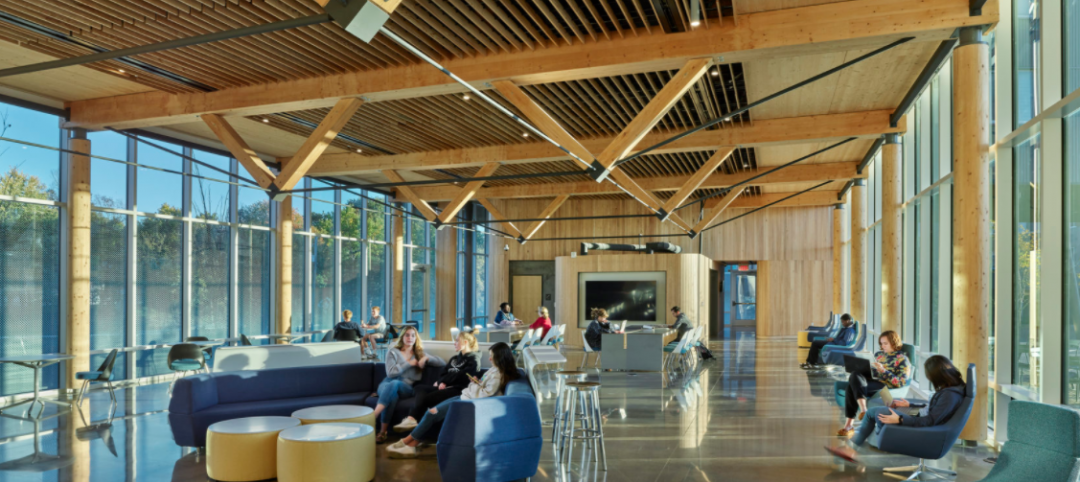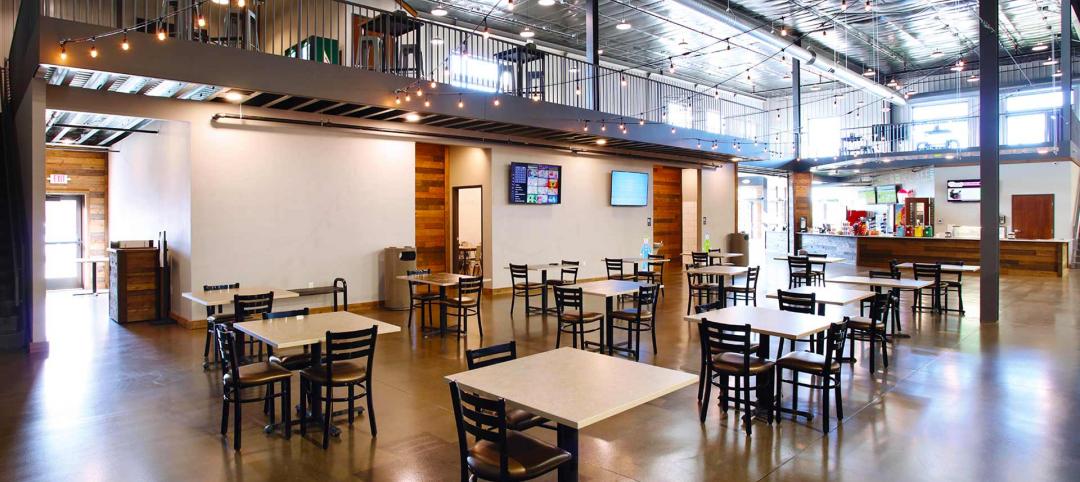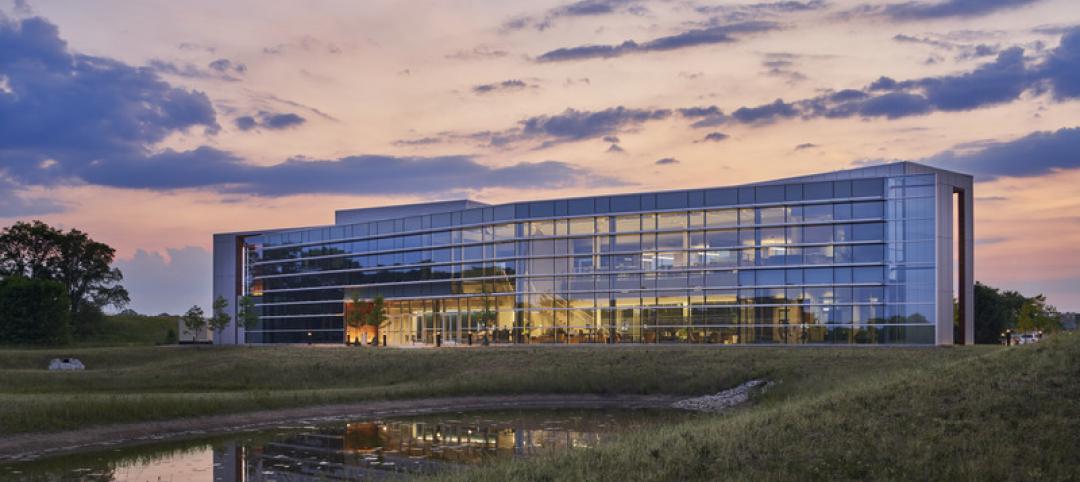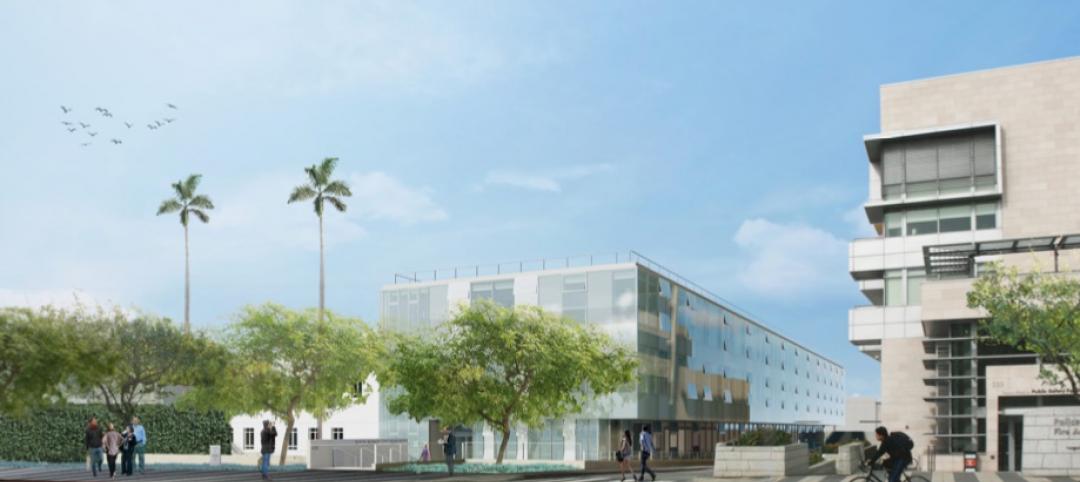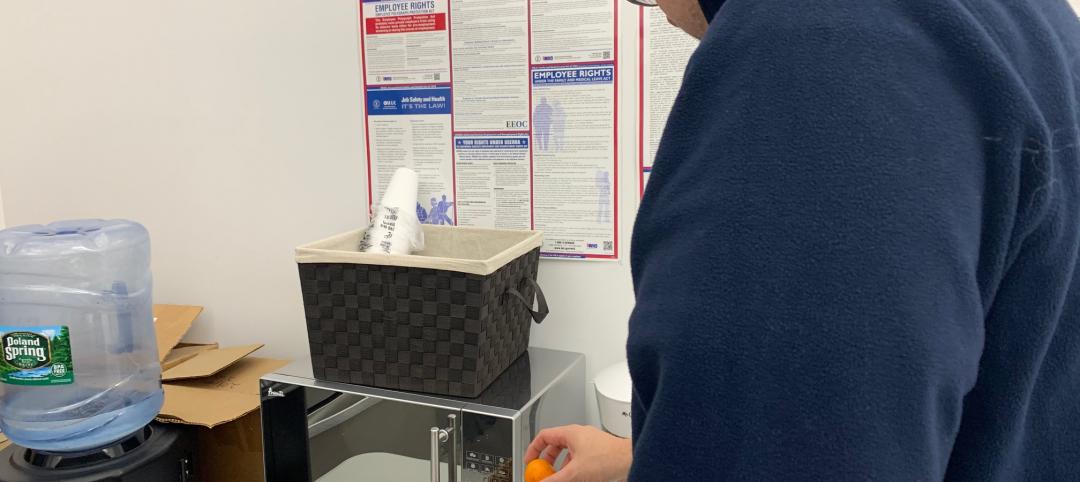New York City’s recently revealed Green Economy Action Plan includes the goals of the decarbonization of buildings and developing a renewable energy system. (Download the PDF report.)
The ambitious plan includes enabling low-carbon alternatives in the transportation sector and boosting green industries, aiming to create more than 12,000 green economy apprenticeships by 2040. It also funds a $100 million Climate Innovation Hub at the Brooklyn Army Terminal to develop green technology startups and businesses.
The plan will advance building resiliency projects, apartment building retrofits, solar panel and wind turbine installation, and deployment of EV charging stations.
New York City’s Industrial Development Agency will offer tax incentives to activate 500 Megawatts (MW) of battery storage capacity and support other green economy goals.
The plan was driven by quantitative industry analysis and input collected by Buro Happold from more than 100 stakeholders and partners.
Here are highlights of the plan:
Establishing a Climate Innovation Hub: NYCEDC will invest up to $100 million to develop a Climate Innovation Hub at the Brooklyn Army Terminal. This new space will accelerate commercialization pathways for climate tech startups and other green economy businesses. It will serve 150 startups over 10 years — generating $2.6 billion in economic impact and creating 600 jobs — while providing local workforce training and job placement, particularly for the local Sunset Park community.
Creating Green Training Facilities in Every Borough: NYCTalent — in partnership with other city agencies, as well as private partners — will develop a workforce training facility in every borough with programming to train New Yorkers for green-collar jobs. The plan will deliver more than 12,000 green economy apprenticeships by 2040 through efforts such as a green building and construction workforce pilot program on Governors Island to train more than 100 people per year for the first two years.
Activating a Harbor Climate Collaborative: The Brooklyn Navy Yard, NYCEDC, and the Trust for Governors Island are collectively investing $725 million to build a green economy ecosystem across 6-million-square-feet and 72 acres linked by NYC Ferry across New York Harbor. The collaborative will catalyze climate education, research, innovation, commercialization, and workforce development alongside partners from the private and nonprofit sectors. This work will build on a strong foundation of green economy projects such as the 400,000-square-foot New York Climate Exchange, an academic and research consortium anchored by Stony Brook University on Governors Island, and the development of 5-million-square-feet of net-zero manufacturing space at the Brooklyn Navy Yard.
Activating Public Sites for Electric Vehicle (EV) Charging: NYCEDC is activating two acres of land near JFK airport to create the largest EV charging facility in the city, with 65 public EV chargers including 12 rapid ones. The facility is currently estimated to charge 1,000 vehicles per year, with potential for growth depending on market demand. The Brooklyn Navy Yard is also installing over 80 EV chargers across its 300-acre campus, including infrastructure for commercial fleet charging and a dedicated public lot for neighboring residents. Together, these investments constitute some of the largest investments in EV infrastructure in outer borough job centers in New York City to date.
Creating Tax Incentives for Battery Storage: NYCEDC will utilize New York City's Industrial Development Agency tax incentives to activate 500 Megawatts (MW) of battery storage capacity and support other green economy uses. To date, the Industrial Development Agency has induced 200MW of storage capacity that is expected to come online in the coming years and generated nearly $500 million of private sector investment. Unlocking additional storage capacity will ultimately drive a stronger and more efficient renewable energy sector.
Related Stories
Wood | Jul 16, 2021
The future of mass timber construction, with Swinerton's Timberlab
In this exclusive for HorizonTV, BD+C's John Caulfield sat down with three Timberlab leaders to discuss the launch of the firm and what factors will lead to greater mass timber demand.
Education Facilities | Jun 4, 2021
Three ProConnect events coming this fall: Sustainability (Nov 2-3), Education (Nov 16-17), Multifamily (Dec 12-14)
SGC Horizon ProConnect 2021 schedule for Education, Multifamily, Office, and Single Family events.
Wood | May 14, 2021
What's next for mass timber design?
An architect who has worked on some of the nation's largest and most significant mass timber construction projects shares his thoughts on the latest design trends and innovations in mass timber.
Industry Research | Apr 9, 2021
BD+C exclusive research: What building owners want from AEC firms
BD+C’s first-ever owners’ survey finds them focused on improving buildings’ performance for higher investment returns.
Building Owners | Feb 4, 2021
The Weekly show, Feb 4, 2021: The rise of healthy buildings and human performance
This week on The Weekly show, BD+C editors speak with AEC industry leaders from Brookfield Properties, NBBJ, and UL about healthy buildings certification and improving human performance through research-based design.
Sponsored | Green | Jan 7, 2021
A Green Building Solution: Environmental Benefits of Custom Metal Buildings
Government Buildings | Nov 25, 2020
New Indiana Toll Road headquarters creates unified environment for staff
New LEED Gold facility consolidates operations for tollway authority.
Coronavirus | Oct 8, 2020
The Weekly show: Statue of Liberty Museum, emotional learning in K-12, LA's climate change vulnerability
The October 8 episode of BD+C's "The Weekly" is available for viewing on demand.
Green | Mar 9, 2020
BuroHappold commits to all new building projects achieving net-zero carbon by 2030
The engineering firm also launched a long-term partnership with ILFI.
Contractors | Jan 20, 2020
Wellness is for builders, not just for buildings
New research on wellness in the construction sector highlights interventions that could be effective in addressing dehydration, weight management, poor air quality, and stress.


